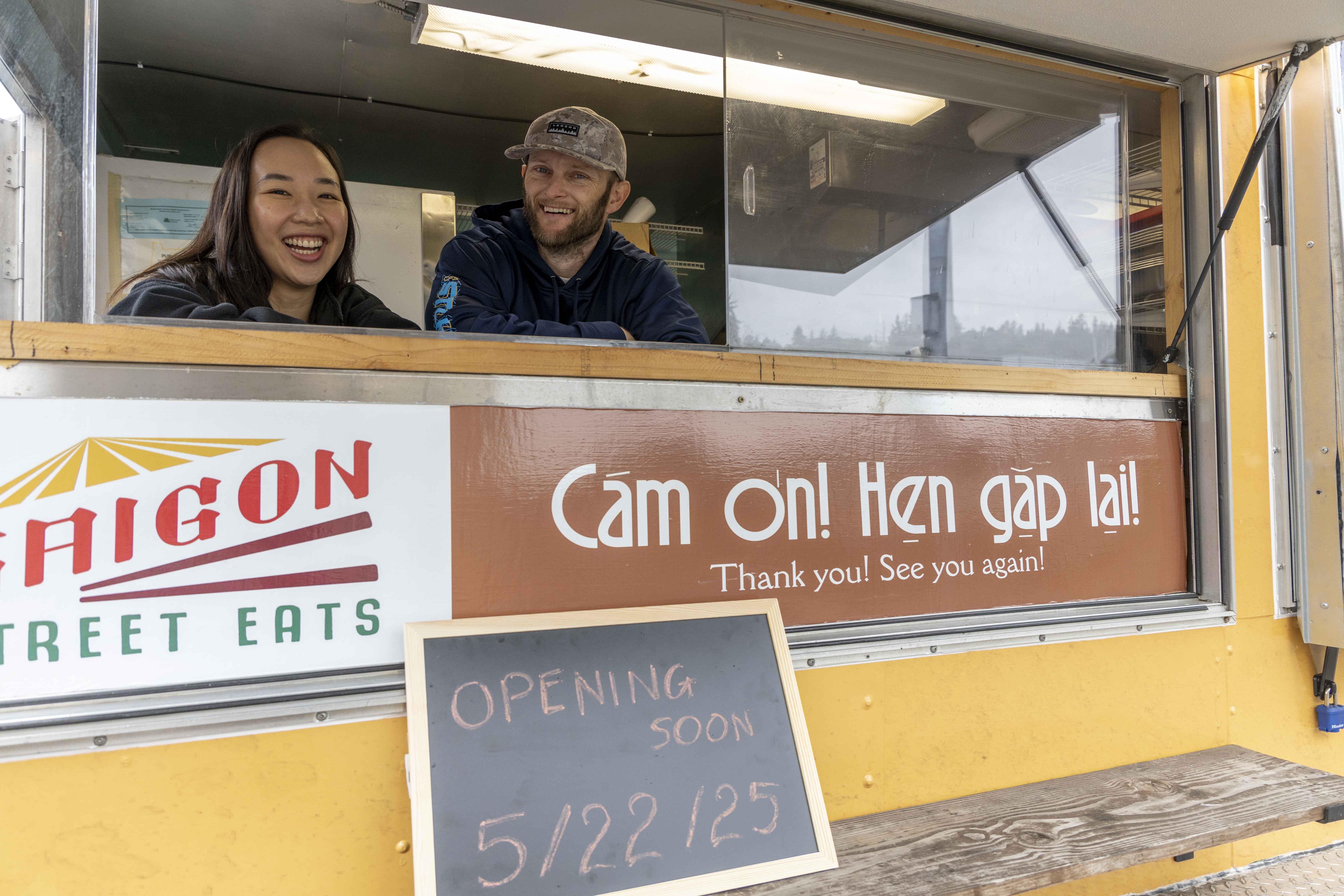Many counties and cities step back from psilocybin program
Published 2:47 pm Tuesday, November 29, 2022

- Election 2022
Voters in many Oregon counties and cities, including Clatsop County and Seaside, have decided to ban or delay approval of places to grow and supervise the use of psilocybin mushrooms for therapeutic purposes.
But the upshot of the November election is that almost all of Oregon’s most populous counties and 17 of its 20 largest cities will be open to state-licensed cultivation sites and supervised centers for use of the psychoactive drug.
“Up to 2.9 million Oregonians will have access to the breakthrough treatment in their local city or county,” Sam Chapman, the executive director of the Healing Advocacy Fund, said in a statement. “And in places where a ban was passed, some of those are temporary.”
Chapman was the campaign manager for Measure 109, the initiative Oregon voters approved in 2020 to set up a state program involving the supervised use of psilocybin. The Healing Advocacy Fund is a nonprofit that promotes the program.
In 23 of Oregon’s 36 counties and 111 of its 241 cities, voters decided in November to opt out of the state program or impose two-year pauses. The Oregon Health Authority has unveiled a final set of draft rules, and it will start accepting applications after the rules become final early in 2023. Because the agency will have to review the applications before it issues licenses, actual startups are likely to take place next fall or winter.
In addition to the state requirements, cities and counties can still regulate cultivation sites, known as manufacturing facilities, and supervised use at service centers, under time, place and manner standards in land use ordinances.
In Clatsop County, voters approved a temporary ban on psilocybin services in unincorporated areas of the county 55% to 45%. In Seaside, the vote was 57% to 43%.
As a nonprofit, the Healing Advocacy Fund took no direct role in the campaigns on the local opt-out ballot measures.
City councils and county boards of commissioners, under terms of Measure 109, were required to refer proposed bans or pauses to voters in a general election.
Of Oregon’s 20 largest cities, opt-out measures were on the ballot in only three, and all were approved: Keizer, McMinnville and Redmond, where voters decided separate measures for licensed cultivation and supervised-use centers.
Aside from Clackamas County, metro area cities where opt-out measures were on the ballot: Estacada, Molalla and Sandy, and Banks and Cornelius. All passed. Molalla, Sandy and Cornelius passed bans; the others were pauses.
Advocates of psilocybin put much of their efforts into opposing the opt-out measures in Deschutes and Jackson counties, although the largest cities within them — Bend, Medford and Ashland — did not propose restrictions of their own.
“Based on our experience in Deschutes and Jackson counties, we know that when people in a given community hear from their friends and neighbors about the potential of psilocybin therapy for widespread mental challenges like anxiety and depression, they are much more likely to support it,” Chapman said.
“We’re confident that as this program rolls out and people begin to understand the potential, more communities will realize that providing access for their residents is important.”
Unlike marijuana legalization that Oregon voters approved in 2014, Measure 109 does not make legal adult possession and use of psilocybin mushrooms, does not allow their cultivation by individuals and does not allow retail sales through dispensaries.
Psilocybin can be grown only in state-licensed production facilities — which must be compatible with local land use requirements — and administered only at service centers, also licensed, by facilitators who have undergone 120 hours of training. They do not have to be medical personnel, and they are not considered therapists.
Psilocybin cannot be taken home, either from production facilities or service centers.
Service centers must be at least 1,000 feet from schools, and cannot be within residential zones within cities. Manufacturing cannot be in buildings or zones for residential use.
Though listed by the U.S. Food and Drug Administration in 2019 as a breakthrough therapy, psilocybin is still classified under federal law as a drug with no accepted medical use. But several studies have indicated that it may be useful in treating addiction, depression and post-traumatic stress disorder.
In November, Colorado became the nation’s first state to legalize psilocybin and a related compound — psilocin — for personal cultivation, use and sharing by people 21 and older. The ballot measure also authorizes a state-supervised program that appears similar to Oregon’s.
“Colorado, like Oregon, is an example of how voters support this therapy when given access to the research and when they hear personal stories from veterans and others about the effectiveness of psilocybin therapy to address a mental health crisis,” Chapman said.
“As the first state in the country to enact psilocybin therapy, we take very seriously our work to ensure access, affordability and safety to the people who will use this therapy. We deliberately took two years with a body of experts — the Psilocybin Advisory Board — to develop a solid regulatory framework to help us reach those goals.”
Voters in Washington, D.C., approved a 2020 measure that assigns lowest priority to psilocybin enforcement, though direct sales are not permitted under the ordinance. Other cities have similar measures, and decriminalization bills have been proposed in several states, though none has passed the Legislature.





